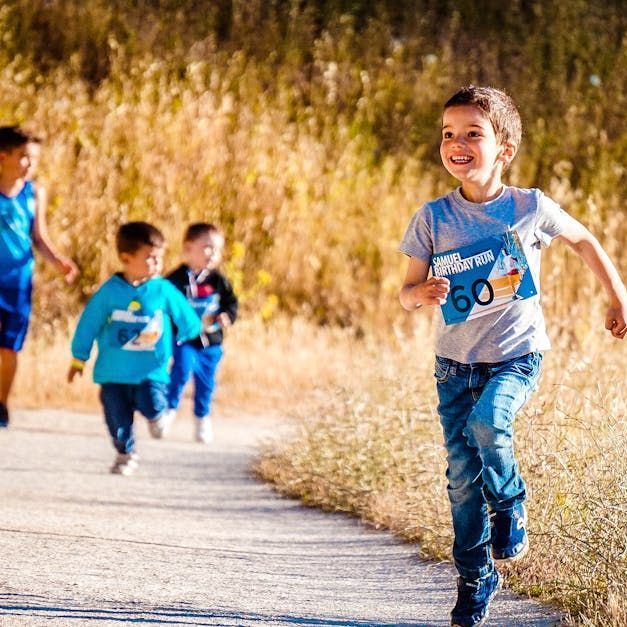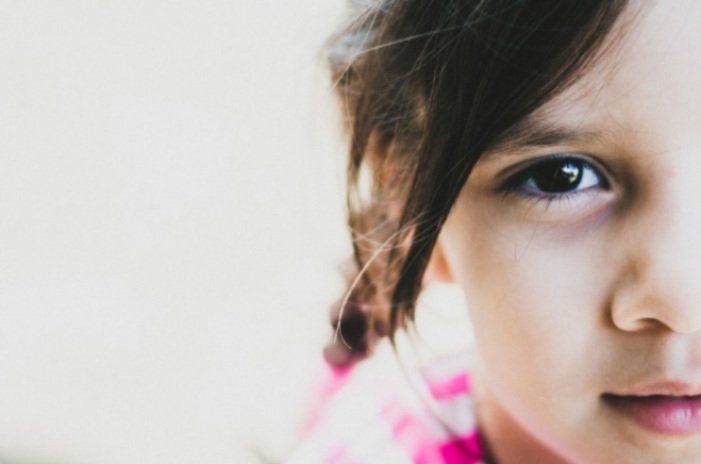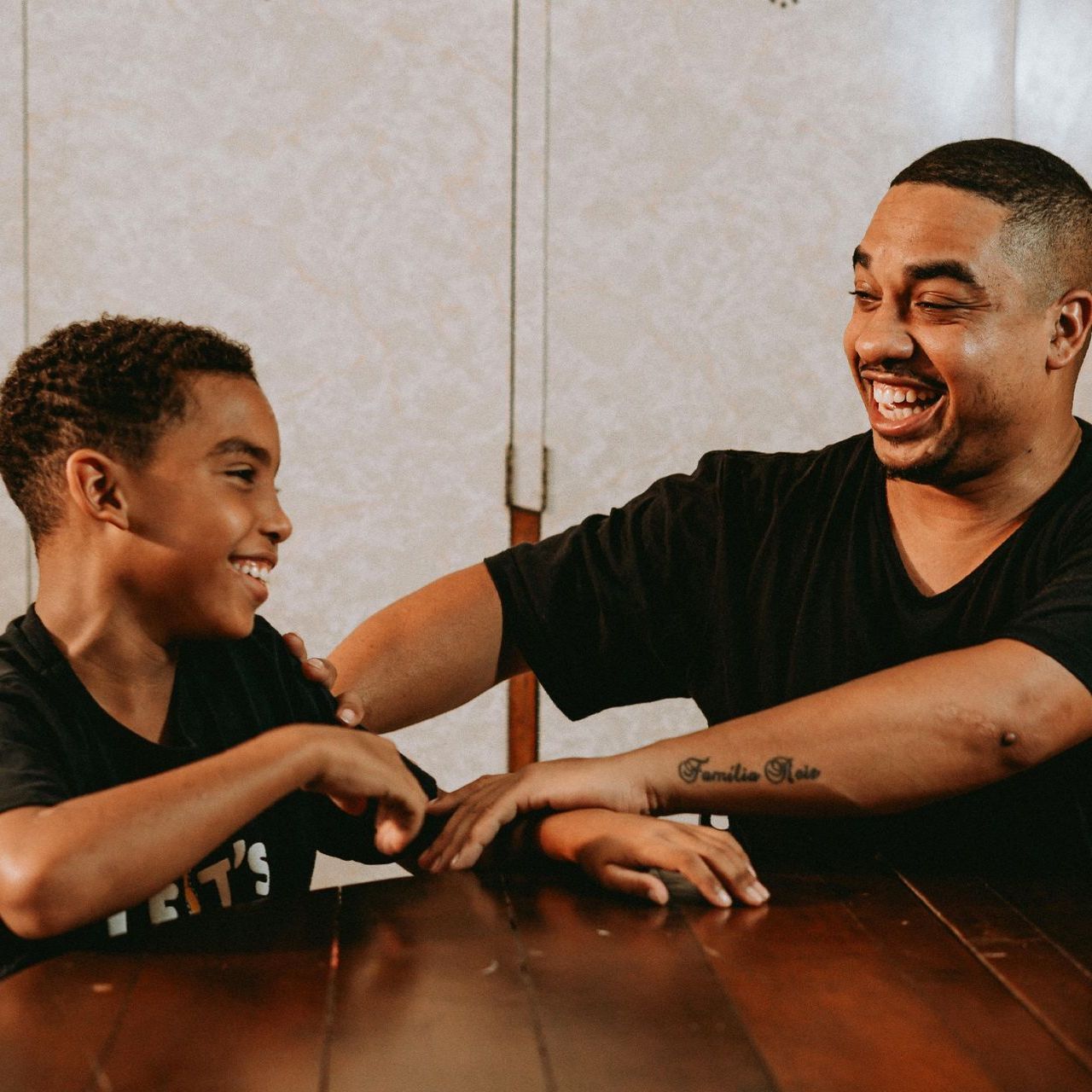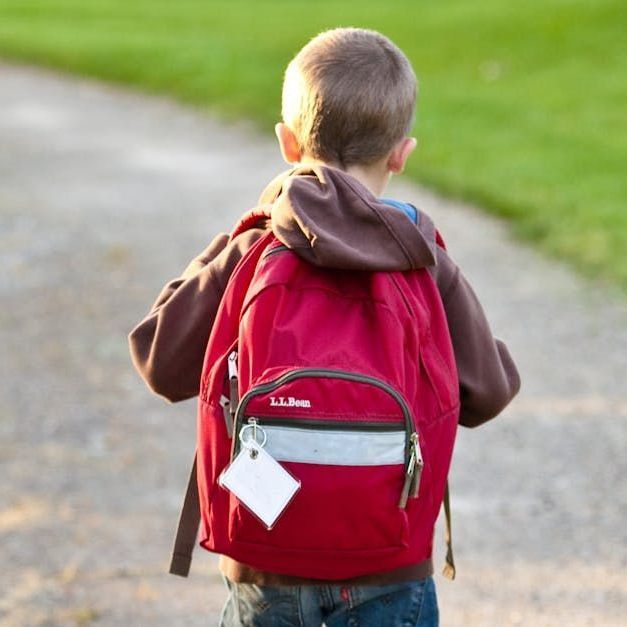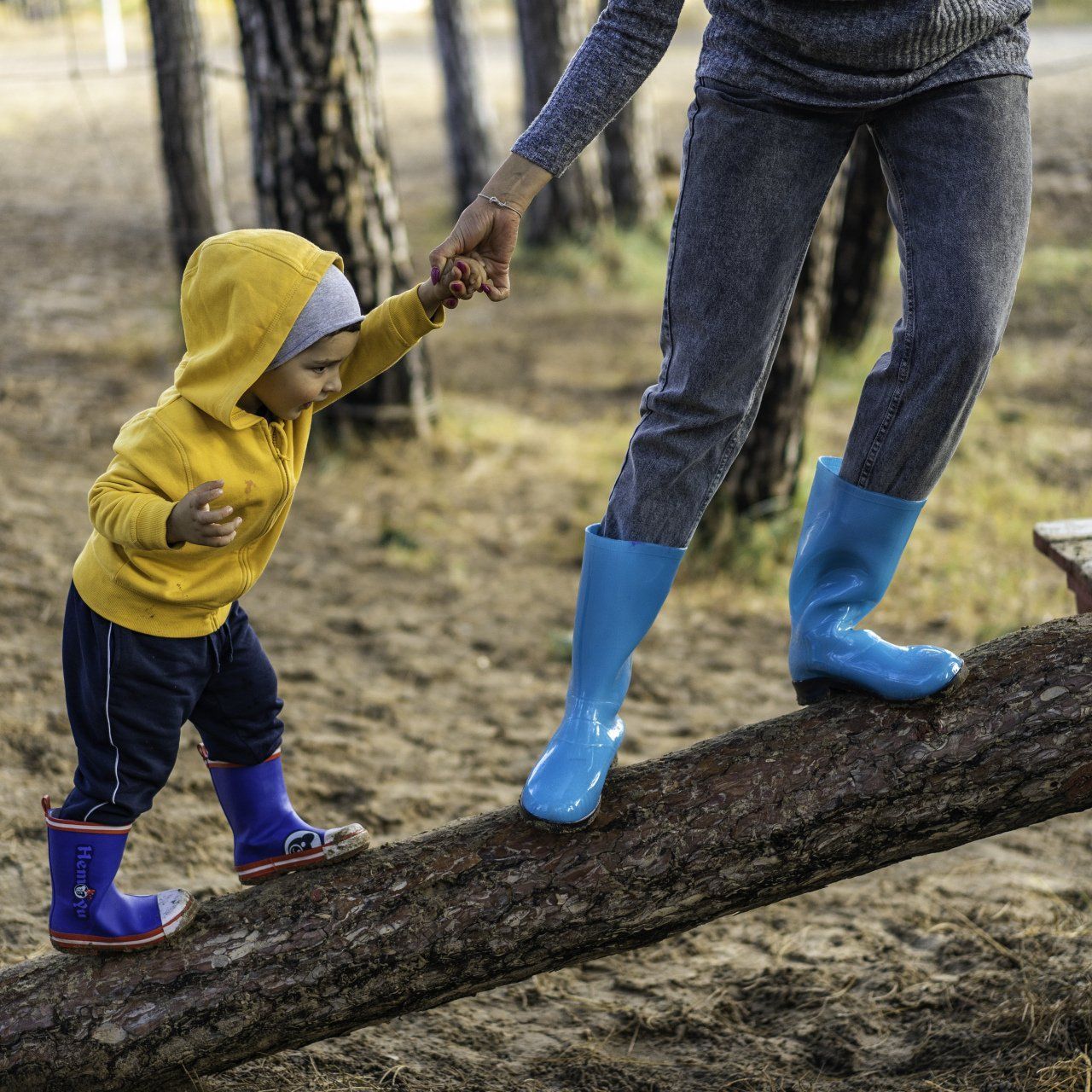How to talk to your kids about school shootingsHow to talk to your kids about school shootings
In the wake of the deadly school shooting in Florida and unfortunately, the other instances like it, many parents are left grappling with how to explain the horrific act of gun violence to their children and teens.
For the majority of teenagers, school is a safe and supporting environment. So when a shooting happens at a school, it undermines everyone’s worldview about where to go that is truly a safe place.
It is important for parents to discuss the news with their children, and help them to feel safe in the aftermath of these harrowing headlines.
PARENTS SHOULD INITIATE A CONVERSATION
As parents, we really want to wrap our arms around our child and make them feel safe, but part of being a parent is willingness to discuss difficult topics.
So, when your kids come home, start the conversation by saying something like, “There was a school shooting, this time in Florida, what did you hear about it?” More than likely, the story has already been blowing up their social media, or they may have already had conversations with others on the school bus.
If you are watching the news with your children, turn it off and talk about the events calmly in order to get an idea of what they know, where they are coming from, and what misconceptions they may have already heard.
We can’t just pretend that our children don't know that these events have occurred. Kids are resourceful, and they can watch TV, or go online to see live feeds of people leaving the school and of responders giving their account of the experience. They have access to up-to-the-minute news just like everyone else.
MAKE SURE THE CONVERSATION IS AGE APPROPRIATE
The conversation about this type of news should vary based on the age of your child. It’s no different than having a conversation about where babies come from. It is a very different conversation if you are talking to a preschool or elementary school student than if you are talking to a high school student.
Parents can initiate the conversation by saying, "There was a very sad thing that happened at a school in Florida today. It is very sad because people were hurt and people were killed, and I just want you to know about it if you hear kids talking about it at your school, and if you have any questions, you can talk to me."
For high school and older middle school age students, be direct and say something like, "I want to talk to you about a school shooting that happened in Florida, tell me what you've heard about it."
Regardless of your child's age, it’s most important to show a willingness to answer questions and listen to their concerns.
As a side-note, younger children process information by asking the same question over and over again. Don’t get frustrated!
IF YOUR CHILD SAYS THEY DON'T FEEL SAFE GOING BACK TO SCHOOL
If your child or teen says they do not feel safe going back to school, it is important not to invalidate their feelings, but to talk about them.
Ask them what they are worried about and what makes them feel unsafe. Validate why your child may not feel safe and empathize with them. Saying things like, “You are going to be fine,” tends to discount their concerns and shut down the conversation."
Reassure your child that schools now have safety plans and practice drills for situations like a school shooting. Like fire drills, these drills should make students feel more secure that they have a plan in place.
Be patient and supportive as your children are trying to make sense of how something so horrific can happen at a setting where they go to be with friends, and to learn.
CHECK-IN WITH THEM OFTEN
When there is a tragedy ... a one-and-done conversation is not sufficient. It is really important to check back in tomorrow, to check back in the next day, to find out what they have been talking about with others related to school shootings. This helps parents get an understanding of how children are coping. Emphasize to your child or teenager know that you really do care about having an open and honest discussion about the situation.
If you notice your child or teen is distressed for a longer period of time, reach out to their school guidance counselor, a local psychological association or even their pediatrician for further help. Some signs would be problems with sleep, problems with attention and focus, and increased irritability.
It is also critical to reassure children that parents and adults at their school are going to do everything in their power to keep them safe.

